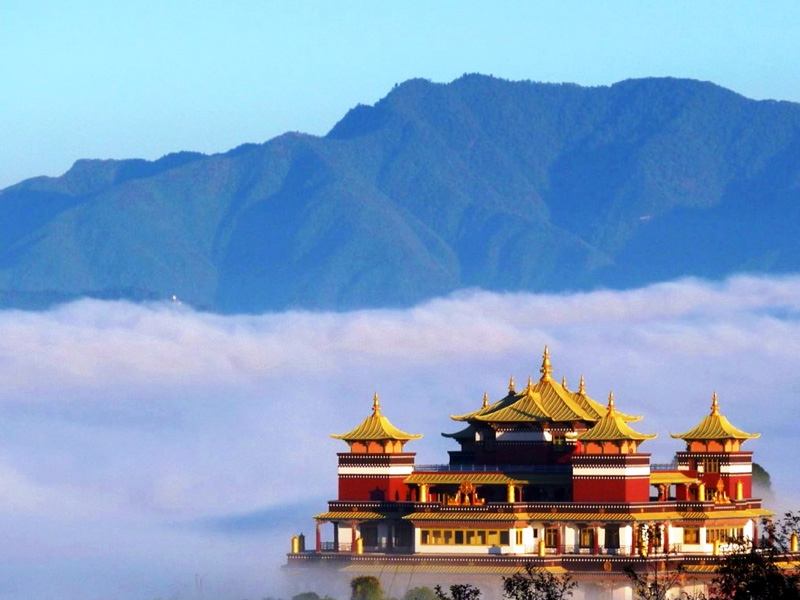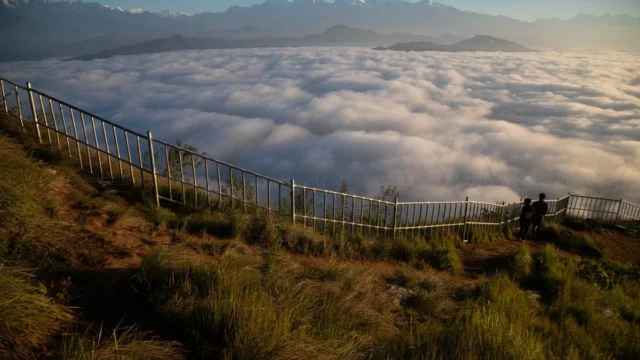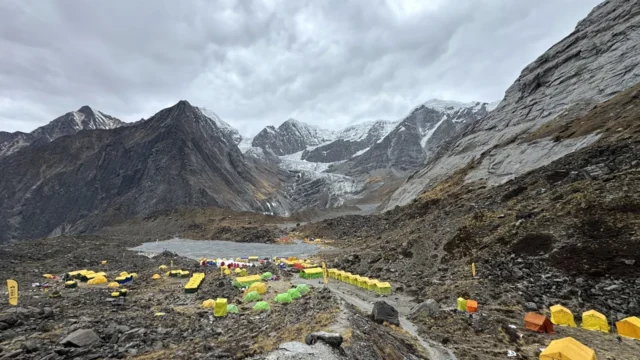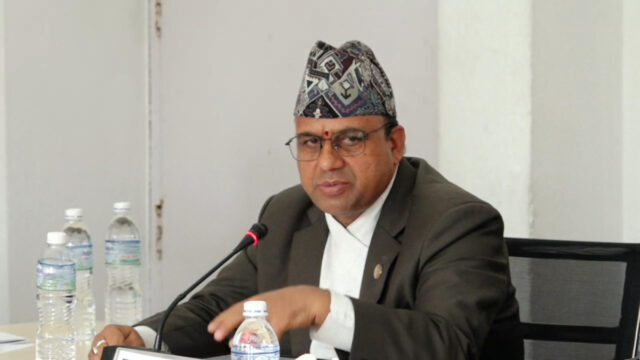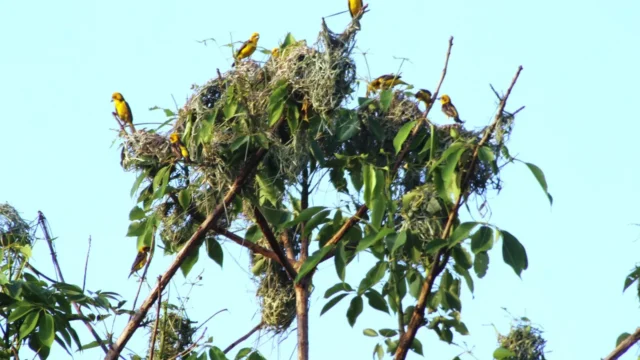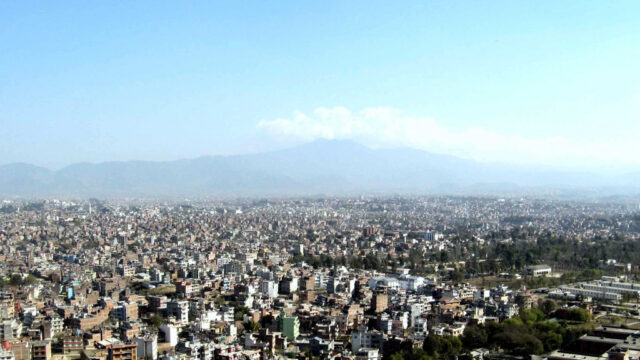Lumbini’s stakeholders have emphasized that the tourism budget should only be allocated to areas with tourism potential and programs that yield tangible results. They pointed out that all three levels of government have been distributing funds across small-scale tourism projects, which, according to them, do not produce significant returns.
During an interaction program on tourism policy organized by the Ministry of Industry, Tourism, and Transport of Lumbini Province in Butwal, participants stressed the need for thorough research before initiating tourism development and infrastructure projects.
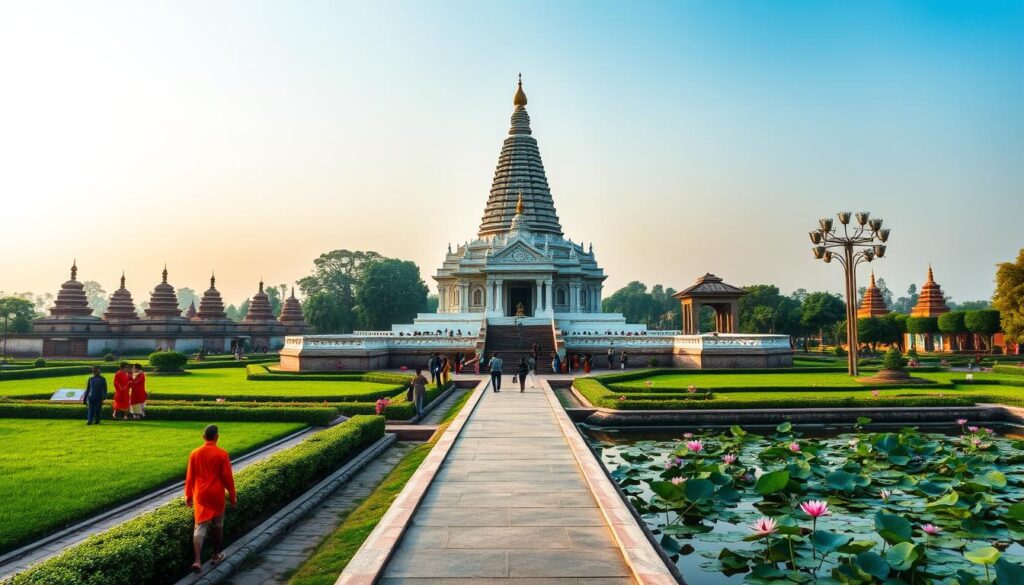
Lumbini Province’s Minister for Industry, Tourism, and Transport, Prachand Bikram Neupane, stated that tourism programs should focus only on locations with real potential. He urged districts and municipalities to propose plans for areas that can attract tourists and generate employment. “There are many destinations on our list, but we cannot invest in all of them. Bring forward plans for one or two promising locations in each district that can help attract tourists, create jobs, and contribute to prosperity. If such plans are submitted, the provincial ministry will allocate the necessary budget,” he said.
Minister Neupane also mentioned that the federal government should not allocate small budgets of NPR 1 million (10 lakh) per project, as tourism development requires a more strategic approach.
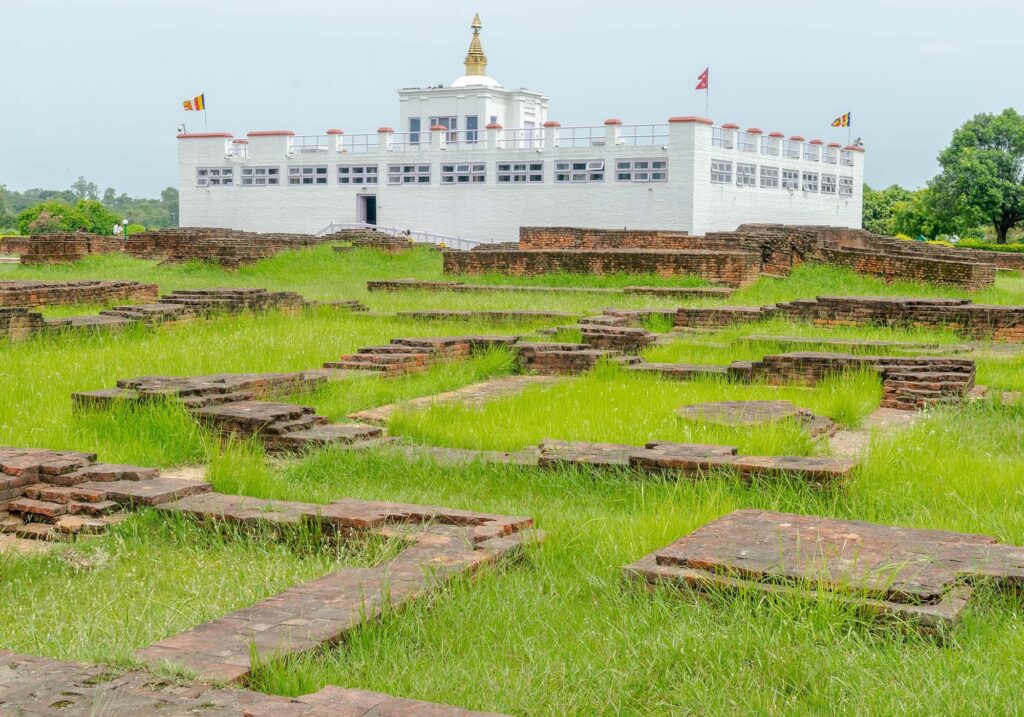
Since the Lumbini Provincial Government has limited involvement in the development of Buddha’s birthplace, Lumbini, it has focused on promoting the region. The minister also stated that the provincial government would continue to push for regular international flights from Bhairahawa. Additionally, he announced that the province is formulating a tourism policy aimed at making Lumbini Province prosperous through tourism.
Presenting the draft tourism policy, tourism expert Ramesh Kumar Adhikari highlighted the importance of identifying and listing potential tourist attractions, encouraging youth participation in the tourism industry, developing tourism manpower through public-private partnerships, and implementing tourism marketing programs.

Ganesh Ghimire, spokesperson for the Tourism Ministry, outlined the plans and programs undertaken by the provincial government. Butwal Sub-Metropolitan City Mayor Khel Raj Pandey mentioned that the city is working on programs to connect northern and southern tourist destinations. He also said that the sub-metropolitan city plans to facilitate religious travel from India to Muktinath via the Kaligandaki Corridor and from China’s Korola to Lumbini.
Ramu Joshi, Executive Director of the Lumbini Tourism Council, suggested forming tourism development committees at the municipal and district levels. He also emphasized the need for a separate mechanism for Buddhist tourism in the province. Hari Dhwoj Rai, Information Officer of the Lumbini Development Trust, called for a tourism policy that encompasses the Greater Lumbini Area. Cultural and tourism expert Dr. Gitu Giri stressed the importance of maintaining high standards in tourism services.
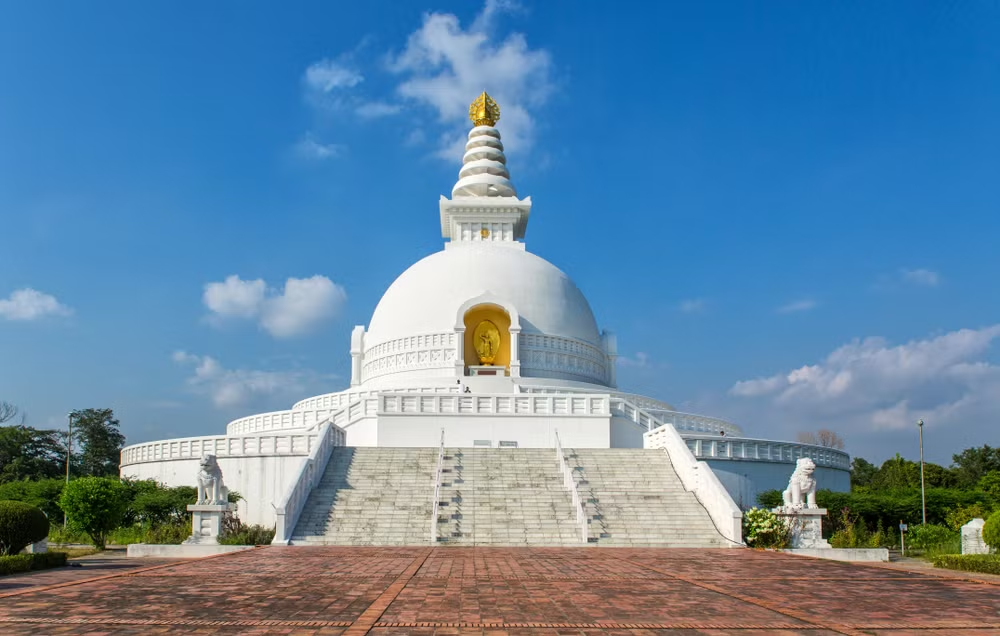
Dr. Sudan Oli, a member of the Provincial Planning Commission, stated that the province is formulating programs with a focus on Greater Lumbini. Provincial Congress member Bishnu Pokharel urged the government to prioritize large-scale and significant projects instead of small ones.
Rajendra Pyakurel, President of the Federation of Rural Municipalities of Lumbini, emphasized the need for local and provincial governments to work closely for tourism development. Chandra Thapa, President of NATTA (Nepal Association of Tour and Travel Agents) Lumbini, urged the provincial government to take initiatives to ensure the continuity of international flights from Bhairahawa.
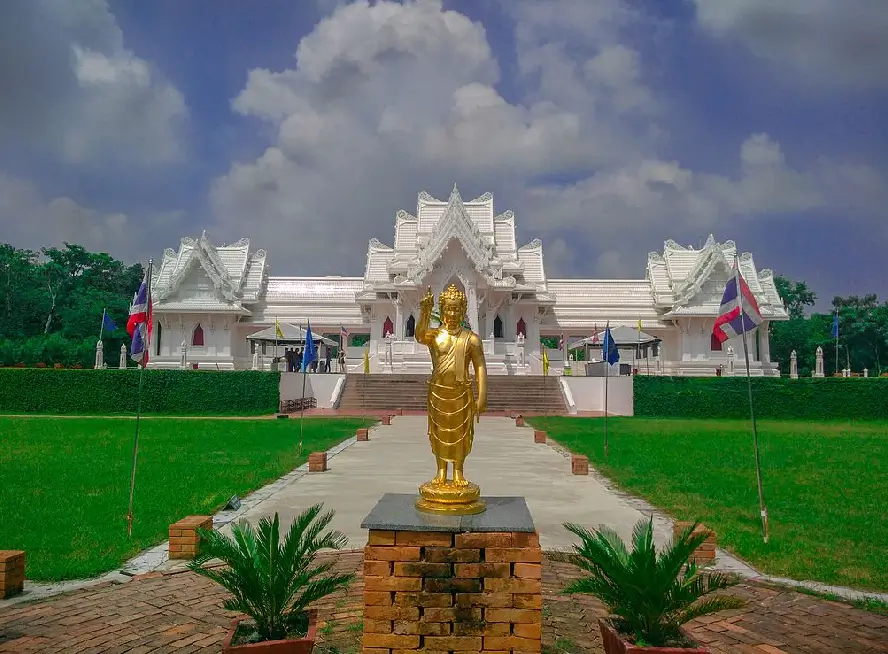
Dinesh Pandey, President of the Federation of Nepali Journalists, Rupandehi, stated that the media plays a crucial role in promoting tourism. Tourism writer Yubaraj Kandel stressed the importance of inter-municipal coordination for tourism development.
The program, facilitated by Netra Bhusal, Chief of the Tourism Division Office, Bhairahawa, also included inputs on tourism policies from various stakeholders, including Vice President of the Nepal Chamber of Commerce and Industry, Lumbini, Kul Prasad Neupane, Federation of Hotel Entrepreneurs representatives Rajesh Malhotra, Netra Pathak, Dr. Chiranjivi Devkota, Drona Khatri, Sagar Pokharel, Parshuram Bhattarai, and Bishnu Sharma.
